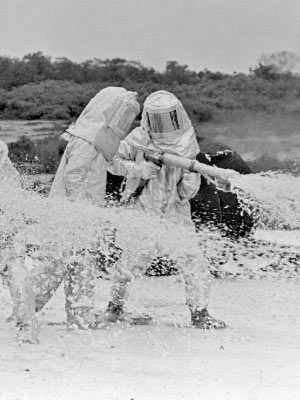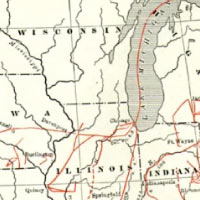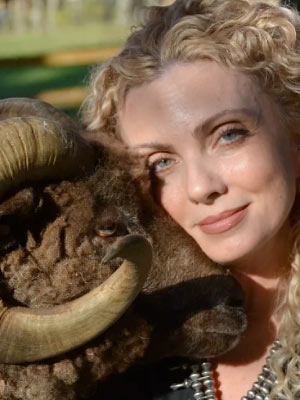Summer may be winding down, but there’s still time to squeeze in one last vacation. Whether it’s by car or bus, train or trail, Edge Effects — a digital magazine about environmental issues produced by graduate students at the Center for Culture, History, and Environment (CHE) — has your audible entertainment covered. Here are three can’t-miss podcasts from Edge Effects.
 “Something in the Water: A Podcast on PFAS in Wisconsin”
“Something in the Water: A Podcast on PFAS in Wisconsin”
Bonnie Willison and Richelle Wilson of the Public Trust podcast take us to French Island, Wisconsin, to meet a community directly impacted by PFAS.
“In 1970, there was a plane crash that was right off of [La Crosse Regional Airport] property. We know for a fact that a [PFAS-containing)] firefighting foam was used at that crash. Then in 2001, there was another crash of a small plane, and all of that … leached down through the soil into the groundwater table of that upper aquifer. That’s why all of us are under a Department of Health Advisory not to drink our water.”
“Maroon Geographies, Black Placemaking, and Abolitionist Futures: A Conversation with Celeste Winston”
 UW–Madison PhD student and CHE graduate associate Elijah Levine sits down with Celeste Winston, an abolitionist geographer, assistant professor at Temple University, and author of How to Lose the Hounds: Maroon Geographies and a World Beyond Policing.
UW–Madison PhD student and CHE graduate associate Elijah Levine sits down with Celeste Winston, an abolitionist geographer, assistant professor at Temple University, and author of How to Lose the Hounds: Maroon Geographies and a World Beyond Policing.
“Marronage isn’t just a form of flight, but also deeply a practice of placemaking. Because of that, there are these kind of material legacies that continue to shape places that once were characterized by a Black flight from slavery, or other kinds of Black freedom projects that maybe weren’t even directly tied to flight from slavery, but are connected in the sense of fugitivity and the kind of freedom dreams that are inherent in those struggles.”
 “Goats, Bees, and Poetry: A Conversation with Nickole Brown”
“Goats, Bees, and Poetry: A Conversation with Nickole Brown”
In this episode, CHE associate Heather Swan and Black Earth Institute Fellow Nickole Brown discuss animals — or as Brown terms them, the “more-than-human” beings.
“The way that a lot of people write about animals … reflects much of Western colonial history in that the representation of non-human life and literature parallels the treatment of those beings in real life. Meaning that we’ve used these beings just as we’ve seen fit … [In literature,] they’re used as metaphors for how we feel, they’re simplified into symbols, they’re anthropomorphized … they’re denied their own sentience and emotion.”